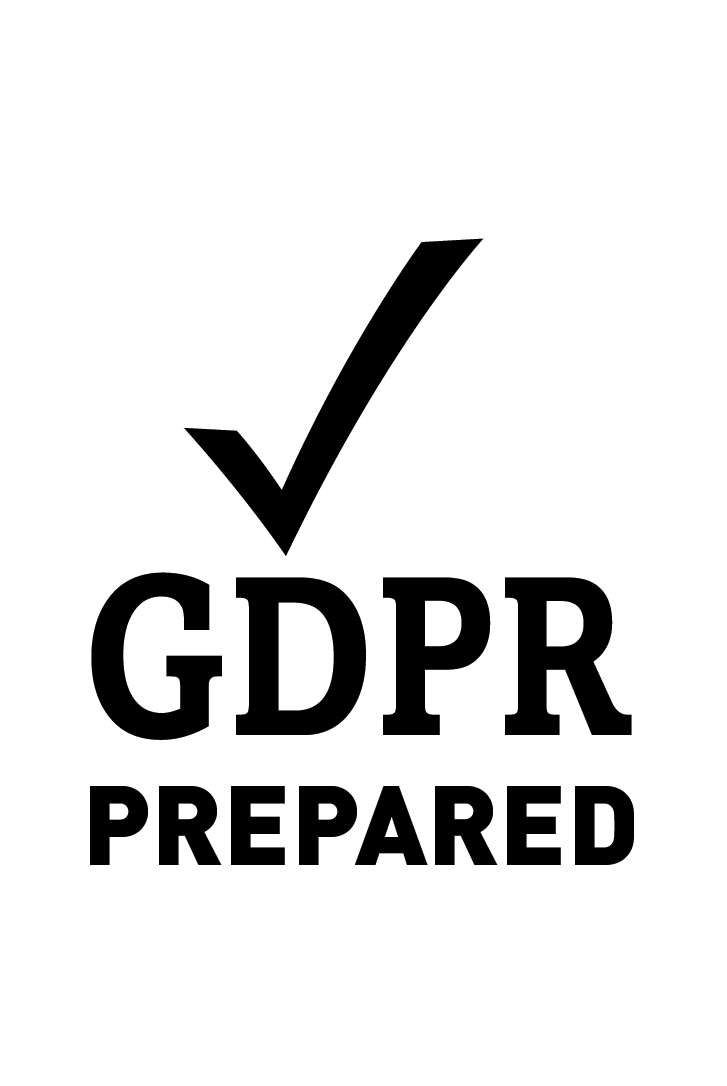Inmate released back on license after successful representations to the Parole Board
We acted for the Mr. D who was arrested in May 2013 following an allegation of murder. We were privately funded in this matter. Mr. D was police bailed pending enquiries. Our client Mr. D, prior to arrest, was still on license for drug offences for some considerable time. Having been arrested and police bailed for murder, the probation services took the view that his risk had elevated to such an extent that a fixed term recall (28 days) was insufficient. They made representations to the Parole Board, which were endorsed by them, to the extent that a decision for indeterminate recall was made. This essentially means that until the Parole Board decide otherwise, release will not be endorsed. Mr. D’s instructions were clear, he did not commit the murder. He was alleged to have committed the murder by a witness. The police following on this information arrested Mr. D and interviewed him. Mr. D told the police that he was nowhere near the murder incident at the time, had alibi witnesses and his phone would show his whereabouts by virtue of cell site. The police authorities bailed him pending investigation, but the Parole Board decided the arrest constituted a significant escalation of his risk. We made written representations to the Parole Board as to Mr. D’s release. These were refused. We worked alongside the family and the police authorities to try to clear Mr. D’s name. The police investigation represented a barrier to being placed back on license. We were able to obtain confirmation by the police that they did not object to Mr. D being placed back on license. The Parole board still did not change its mind. We requested an oral hearing, the Parole board refused to grant us one. We then took action to start a Judicial review of this decision to oppose an oral hearing. Due to evidence we had assisted in forwarding to the police authorities, in mid-August, the police decided to release Mr. D from police bail and didn’t pursue the investigation any further. We continued to place pressure on the probation services and the Parole board and Mr. D was released on license again.
This case illustrates the danger of being on license and what can happen as a result of an innocuous arrest, which escalates the risk and causes considerable time in which the Parole Board do not endorse release. We were able to place pressure on the Parole Board and worked closely with the family to encourage the police to investigate a murder offence within three months and to NFA (No further action) him. By working expediently and tactically, we were able to secure his release back on to license. In the absence of representation and expert advice, offenders can often languish on license recall at the mercy of the Parole Board.




